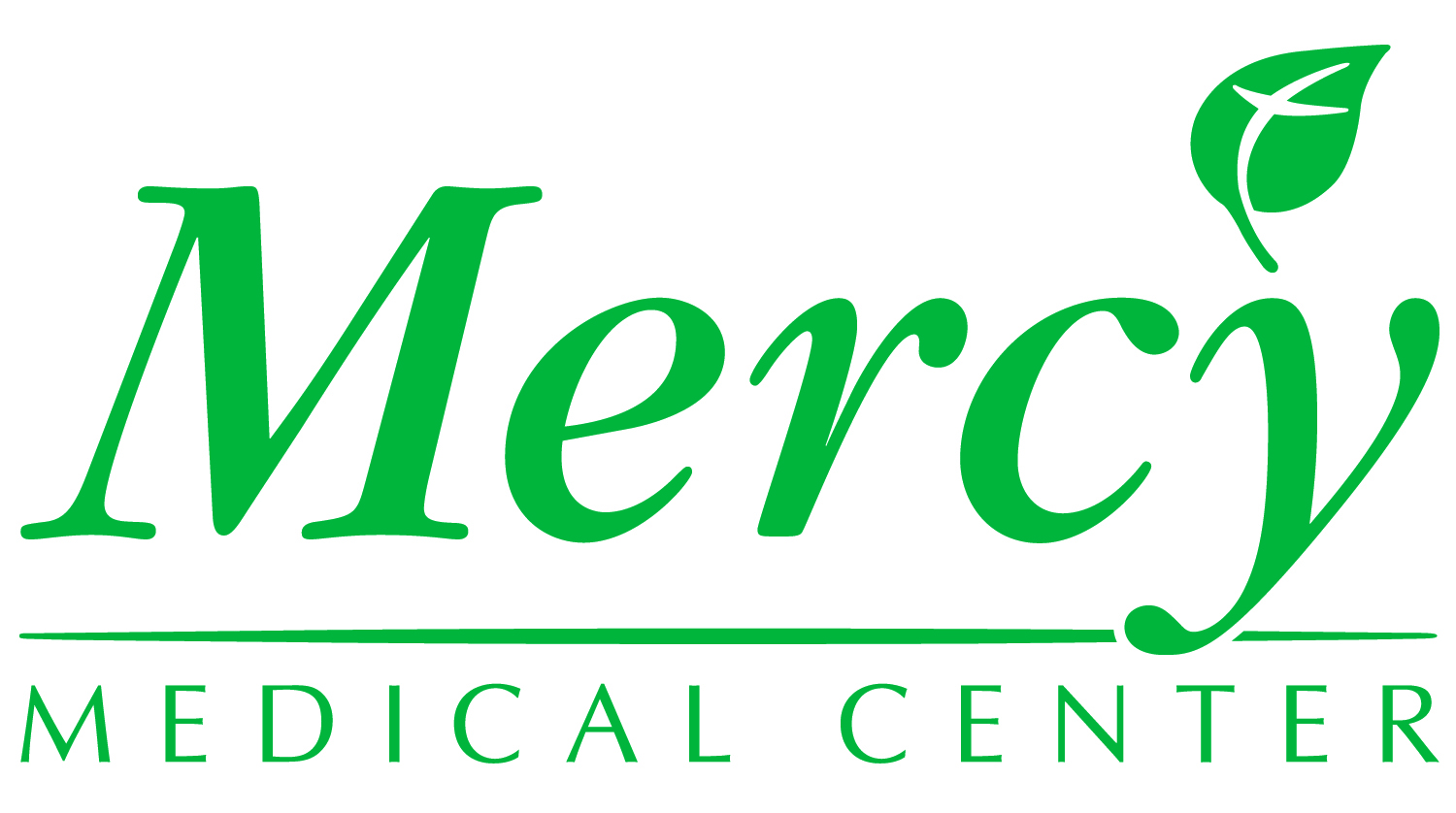Patrick A. Hyatt, M.D., is a highly skilled specialist with The Center for Heartburn and Reflux Disease in Baltimore, Maryland, which is part of The Melissa L. Posner Institute for Digestive Health & Liver Disease at Mercy. The Center is dedicated to preventing and treating diseases of the esophagus.
Dr. Patrick Hyatt has advanced training in therapeutic endoscopy providing patients with sophisticated expertise and treatment for gastroesophageal reflux disease or GERD, heartburn and other disorders of the esophagus including swallowing disorders. Patients trust Dr. Patrick Hyatt for thorough diagnosis and clinical excellence, and they are grateful for his encouragement and understanding that give them hope for a better tomorrow.
Colon cancer over the past decade decreased by 30 percent for people over the age of 50, mainly because more people are getting colonoscopies, according to the American Cancer Society. But the Centers for Disease Control and Prevention reported that millions still aren't getting the screenings.
According to gastroenterologist Dr. Patrick Hyatt of The Institute for Digestive Health and Liver Disease at Mercy Medical Center, people shouldn't put off a colonoscopy because it's the best way to prevent the common and deadly form of cancer.
"This is the only screening test that's been shown to prevent cancer before it starts, and, in some cases, detects cancer at an early enough stage that it can be cured operatively before it spreads to other parts of the body," Dr. Hyatt said.
Most colon cancer occurs in patients after the age of 50 and that cancer typically takes about 10 years to develop in the colon; however, those who have a family history of colon cancer may get it earlier.
"That process may begin at a younger age and may be accelerated to less than 10 years, so that's why it's important to begin screening at a younger age," Dr. Hyatt said.
Those who don't have a family history of colon cancer should begin screenings at the age of 50 and then get them every 10 years after that if there are no polyps. Those who do have a family history should get a colonoscopy at the age of 40 or the age that is approximately 15 years before the youngest case in the family.
March is Colorectal Cancer Awareness Month.
